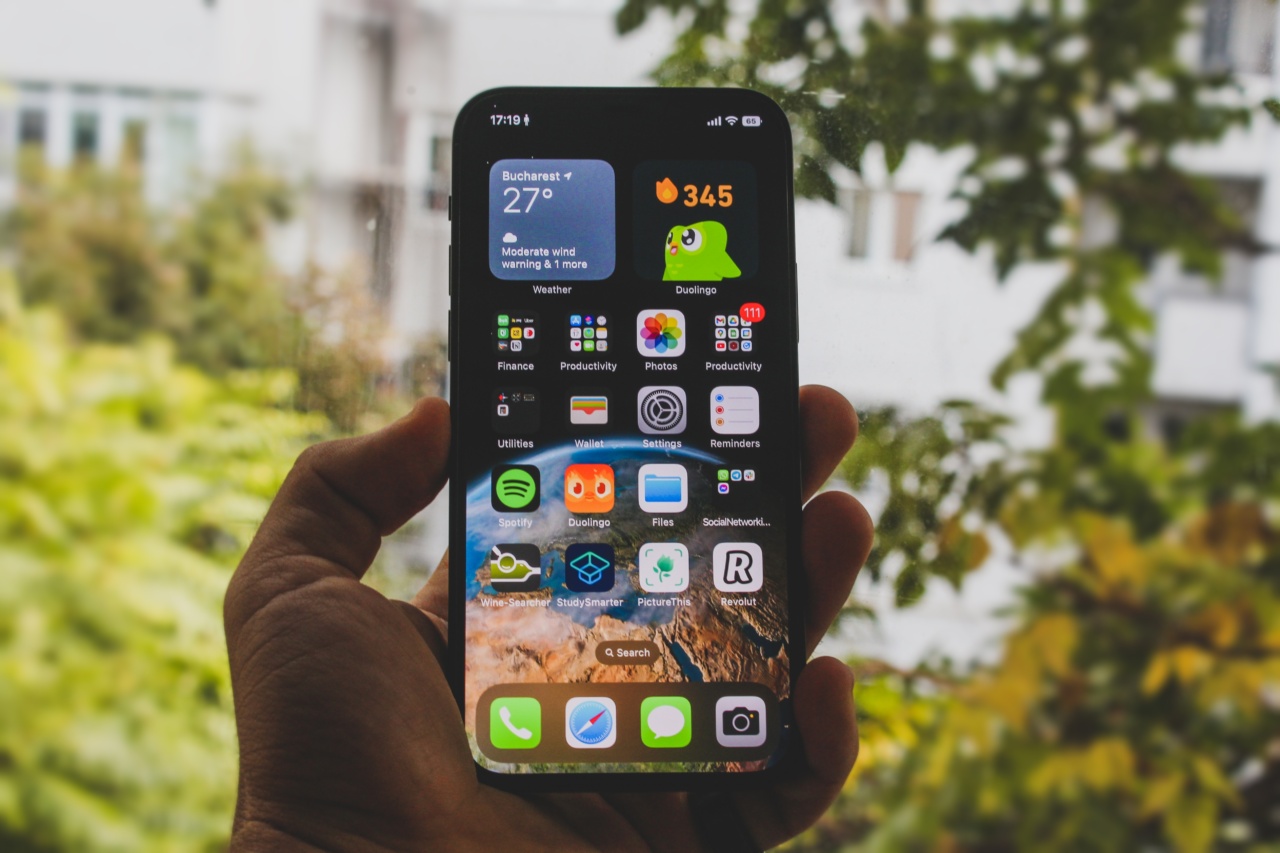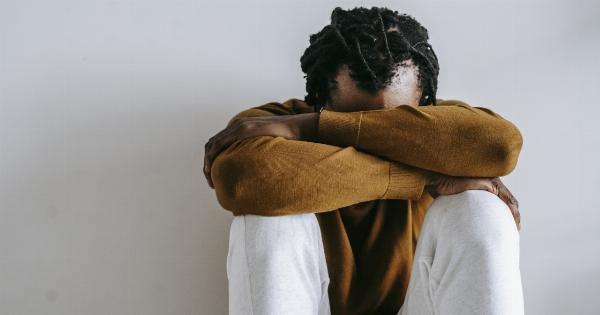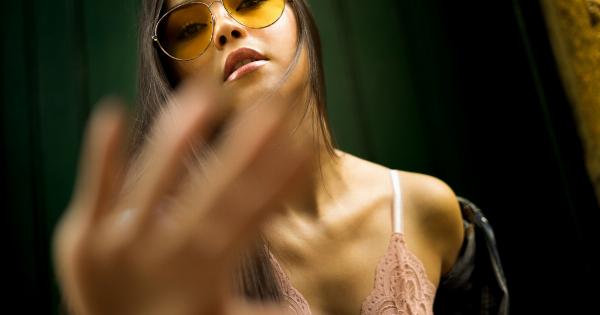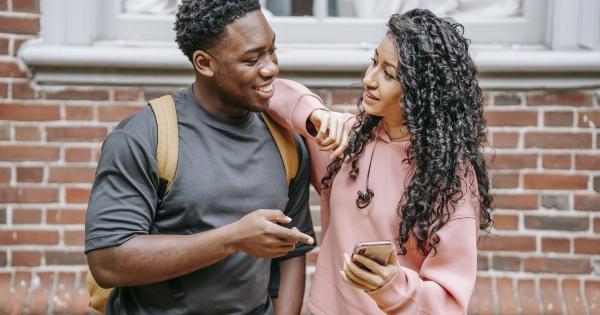In recent years, social media has exploded as a platform for people to share their lives, opinions, and photos with others. One trend that has emerged from this phenomenon is the obsession with taking selfies.
Selfies are self-portraits taken with a camera or smartphone, typically taken by extending one’s arm and snapping a photo. While selfies can be harmless fun, there is a darker side to this trend that is often overlooked.
The Rise of the Selfie
The term “selfie” was added to the Oxford Dictionary in 2013, and since then, the trend has only grown.
Research has shown that there are a variety of reasons people take selfies, including to capture a memory, to share their location or activity with friends, or to boost self-esteem. Social media platforms like Instagram and Snapchat have made it easy to share selfies with a large audience, and as a result, the popularity of the trend has skyrocketed.
The Dark Side of Selfie Obsession
While selfies may seem harmless, there is a dark side to the trend. Research has shown that excessive selfie-taking can lead to a variety of negative consequences.
For example, studies have found that taking too many selfies can lead to narcissism, addiction, and anxiety. Additionally, there have been instances of people putting themselves in dangerous situations while trying to capture the perfect shot, such as taking selfies in front of moving vehicles or in precarious positions.
Narcissism and Selfie-Taking
One of the most concerning aspects of selfie culture is the link between selfies and narcissism.
Narcissism is a personality trait characterized by an inflated sense of self-importance, a need for attention and validation, and a lack of empathy for others. Studies have shown that taking and sharing selfies is associated with higher levels of narcissism.
Additionally, individuals who are already narcissistic are more likely to share selfies and receive more “likes” and comments on their posts, which can further fuel their need for attention and validation.
The Addictive Nature of Selfies
Research has also shown that selfie-taking can be addictive. Like other addictive behaviors, the rush of dopamine that comes with receiving “likes” and comments on social media posts can be a powerful reward.
This can lead to individuals becoming obsessed with taking and sharing selfies in order to receive more validation and attention. Some individuals have reported feeling anxious or depressed when they don’t receive enough engagement on their posts, which can lead to a cycle of repeated posting and checking for notifications.
Dangerous Selfie-Taking
While most selfie-taking is harmless, there have been instances where individuals have put themselves in harm’s way in order to capture the perfect shot.
In recent years, there have been numerous reports of people being injured or killed while trying to take selfies in dangerous locations or in front of moving vehicles. For example, in 2018, a man in India was killed while posing for a selfie in front of an oncoming train. These incidents serve as a reminder that the pursuit of the perfect selfie can have serious consequences.
Addressing Selfie Obsession
While selfies themselves are not inherently harmful, the obsession with taking and sharing them can lead to negative consequences.
It’s important for individuals to be aware of the potential risks associated with excessive selfie-taking and to take steps to prevent these negative outcomes. This can include setting limits on social media use, seeking professional help for addiction or anxiety, or simply focusing less on the pursuit of validation through social media.
Conclusion
The obsession with selfies is a dark side of social media that has become increasingly prevalent in recent years.
While taking and sharing selfies can be a fun way to capture memories and share experiences with others, it’s important to be mindful of the potential negative consequences associated with excessive selfie-taking. By being aware of these risks and taking steps to address them, individuals can ensure that selfie culture remains a fun and harmless trend.






























